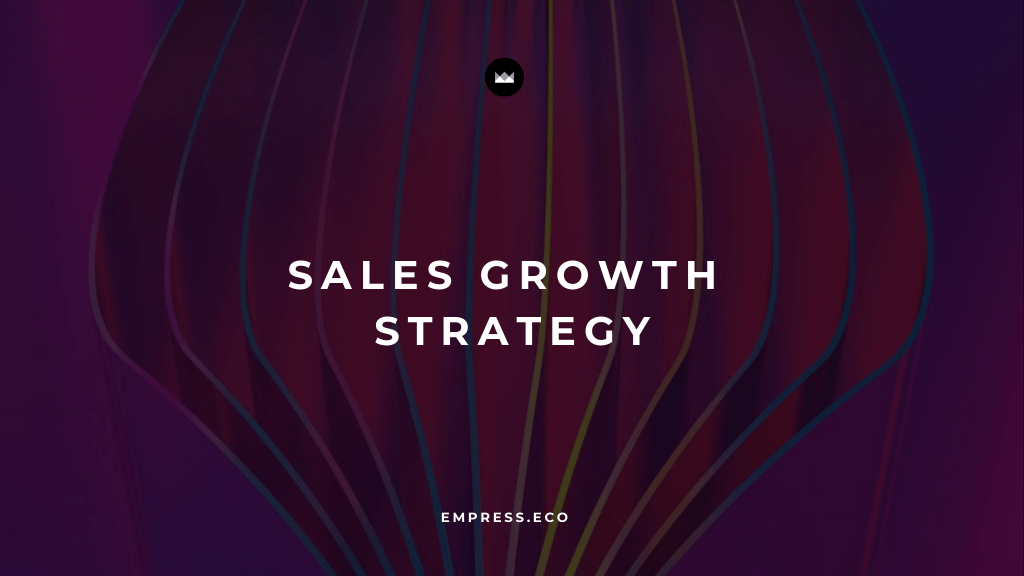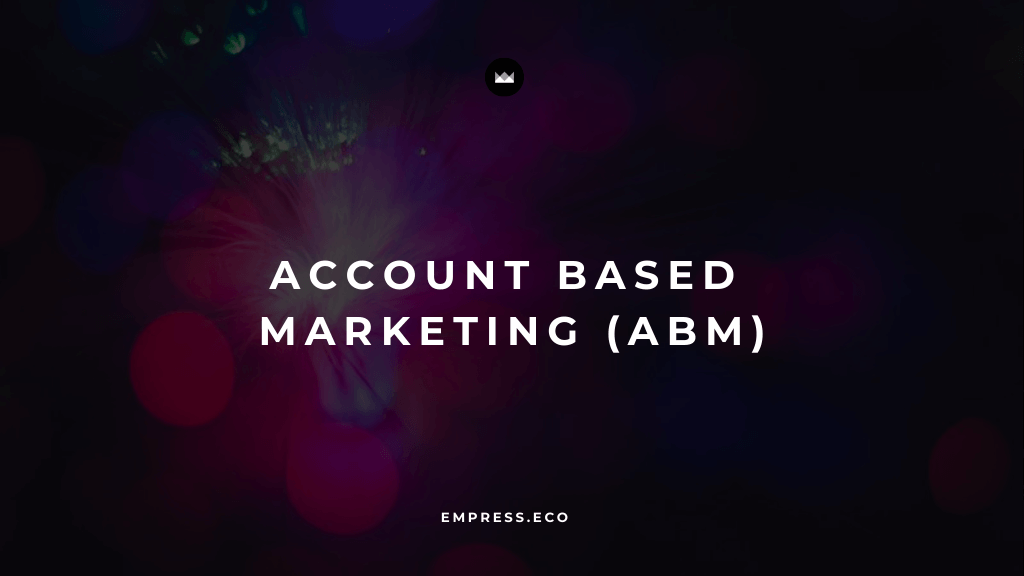In today's competitive marketing landscape, data-driven strategies have become essential for successful lead generation. Leveraging advanced analytics can significantly enhance campaign effectiveness, leading to higher conversion rates and improved ROI. Let’s explore how data-driven marketing is transforming lead generation and the key strategies driving this change.
The Power of Predictive Analytics
Predictive analytics is a game-changer in lead generation. By utilizing historical data and machine learning algorithms, businesses can forecast future behaviors and trends. This capability allows for identifying which leads are most likely to convert, enabling more targeted and efficient marketing efforts.
How Predictive Analytics Works:
- Data Collection: Gather historical data from various touchpoints such as website visits, content downloads, and social media interactions.
- Model Building: Use machine learning algorithms to analyze the data and build predictive models.
- Lead Scoring: Score leads based on their likelihood to convert, prioritizing those with the highest potential.
Benefits of Predictive Analytics:
- Targeted Marketing: Focus efforts on leads with the highest potential, improving efficiency and conversion rates.
- Resource Allocation: Allocate resources more effectively, reducing waste and maximizing impact.
- Improved ROI: Higher efficiency and better outcomes lead to improved return on investment.
Practical Example:
Consider a software company using predictive analytics to analyze past customer interactions. By identifying patterns in how customers engage with their content, the company can predict which new leads are most likely to convert. This targeted approach has led to a 30% increase in conversion rates and a more efficient allocation of their marketing budget.
Personalization at Scale
Personalization in marketing goes beyond addressing leads by their first name. With data insights, businesses can tailor their messaging, content, and offers to align precisely with each lead's preferences and needs. This deeper level of personalization significantly increases engagement and conversion rates.
Steps to Achieve Personalization at Scale:
- Data Collection: Gather data on customer behavior, preferences, and interactions.
- Segmentation: Segment your audience based on their characteristics and behavior.
- Content Creation: Develop personalized content that addresses the specific needs and interests of each segment.
- Delivery: Use marketing automation tools to deliver personalized content at the right time.
Benefits of Personalization:
- Increased Engagement: Personalized content resonates more with the audience, leading to higher engagement.
- Higher Conversion Rates: Tailored offers and messages are more effective in converting leads.
- Enhanced Customer Experience: Personalization improves the overall customer experience, building loyalty and trust.
Real-World Application:
A retail brand uses personalization to send tailored product recommendations to customers based on their browsing history and past purchases. This strategy has not only increased sales but also improved customer satisfaction and loyalty.
Enhanced Targeting and Segmentation
One of the greatest strengths of data-driven marketing is the ability to precisely target and segment your audience. By analyzing customer data, businesses can identify distinct segments within their audience and create customized marketing strategies for each group.
How to Enhance Targeting and Segmentation:
- Data Analysis: Analyze customer data to identify patterns and trends.
- Segmentation Criteria: Define criteria for segmenting your audience, such as demographics, behavior, and preferences.
- Customized Strategies: Develop tailored marketing strategies for each segment, addressing their specific needs and pain points.
Benefits of Enhanced Targeting and Segmentation:
- Higher Engagement: Relevant content and offers resonate more with the audience, leading to higher engagement.
- Improved Conversion Rates: Targeted campaigns are more effective in converting leads.
- Efficient Resource Allocation: Focus marketing efforts on segments with the highest potential.
Case Study:
A travel agency segments its audience into categories such as adventure travelers, luxury travelers, and family vacationers. By tailoring its marketing campaigns to each segment, the agency has seen a 25% increase in bookings and a significant improvement in customer satisfaction.
Real-Time Data and Analytics
Real-time data and analytics are invaluable for understanding and optimizing marketing performance. Analytics dashboards provide insights into key metrics, helping businesses quickly see what's working and what isn’t. This capability allows for data-backed decisions and rapid adjustments to campaigns, ensuring optimal performance and resource allocation.
Key Metrics to Track:
- Conversion Rates: Measure the percentage of leads that convert to customers.
- Engagement Metrics: Track metrics such as click-through rates, open rates, and time spent on page.
- Return on Investment (ROI): Calculate the ROI of your marketing campaigns to evaluate their effectiveness.
Benefits of Real-Time Analytics:
- Immediate Insights: Quickly identify what’s working and what needs adjustment.
- Optimized Campaigns: Make data-driven decisions to optimize marketing campaigns in real-time.
- Resource Efficiency: Allocate resources more effectively based on real-time data.
Example in Action:
A SaaS company uses real-time analytics to monitor the performance of its email campaigns. By tracking open rates and click-through rates, the company can quickly identify underperforming emails and make adjustments, leading to a 15% increase in overall email engagement.
Marketing Automation
Marketing automation platforms are transforming how businesses nurture leads. These platforms leverage data to streamline lead nurturing processes, ensuring that leads receive relevant content at the right time based on their interactions with your brand.
How Marketing Automation Works:
- Automated Workflows: Create workflows that automatically deliver content based on lead behavior and interactions.
- Lead Scoring: Use data to score leads and prioritize those with the highest potential.
- Personalized Communication: Send personalized emails, messages, and offers based on the lead’s journey.
Benefits of Marketing Automation:
- Efficiency: Automate repetitive tasks, freeing up the marketing team to focus on strategic initiatives.
- Consistency: Maintain consistent communication with leads throughout their buyer journey.
- Enhanced Nurturing: Provide relevant content at the right time to nurture leads effectively.
Real-World Scenario:
An e-commerce company uses marketing automation to send personalized product recommendations to customers based on their browsing history and past purchases. This automated approach has resulted in a 20% increase in sales and improved customer retention.
Improved ROI and Resource Efficiency
Data-driven marketing strategies offer a higher return on investment (ROI) by allowing businesses to focus efforts on the most promising leads. Using data to guide decisions means marketers can allocate their budgets more efficiently, reducing waste and maximizing impact.
Strategies for Improving ROI:
- Focus on High-Potential Leads: Use predictive analytics to identify and prioritize high-potential leads.
- Optimize Marketing Channels: Analyze performance data to identify the most effective marketing channels.
- Allocate Resources Effectively: Use data to guide resource allocation, focusing on areas with the highest potential ROI.
Benefits of Improved ROI:
- Cost Efficiency: Reduce marketing costs by focusing on the most effective strategies.
- Higher Conversion Rates: Targeted efforts lead to higher conversion rates and improved ROI.
- Sustainable Growth: Efficient use of resources supports long-term business growth.
Case Study:
A financial services firm uses data-driven marketing to identify high-potential leads and optimize its marketing channels. By focusing on the most effective strategies, the firm has seen a 35% improvement in ROI and significant growth in its customer base.
Overcoming Challenges with Data Quality and Privacy
While data-driven marketing offers immense potential, it also comes with challenges, particularly regarding data quality and privacy. Ensuring accurate and up-to-date data is crucial for effective lead generation. Businesses must prioritize data cleansing and enrichment to maintain the integrity of their databases.
Challenges and Solutions:
- Data Quality: Regularly clean and update your database to ensure accuracy.
- Data Privacy: Comply with data privacy regulations such as GDPR and CCPA.
- Data Security: Implement robust security measures to protect customer data.
Best Practices for Data Quality and Privacy:
- Data Cleansing: Regularly remove duplicate, outdated, and incorrect data.
- Consent Management: Use consent management platforms to ensure compliance with privacy regulations.
- Secure Storage: Store data securely to protect against breaches and unauthorized access.
Example of Effective Management:
A healthcare company prioritizes data quality and privacy by regularly cleaning its database and using consent management platforms. These practices have helped the company maintain customer trust and comply with privacy regulations, while also improving the effectiveness of its marketing campaigns.
Leveraging Customer Insights
Data-driven marketing provides in-depth customer insights that can be used to improve products or services. Understanding customer needs and preferences allows businesses to make informed decisions that enhance customer satisfaction and loyalty.
How to Leverage Customer Insights:
- Feedback Analysis: Collect and analyze customer feedback to understand their needs and preferences.
- Behavioral Data: Use data on customer behavior to identify trends and patterns.
- Personalized Strategies: Develop personalized marketing strategies based on customer insights.
Benefits of Leveraging Customer Insights:
- Improved Products and Services: Use insights to enhance your offerings and meet customer needs.
- Increased Customer Satisfaction: Tailor your marketing efforts to resonate with your audience.
- Enhanced Loyalty: Build stronger relationships with customers by understanding and addressing their needs.
Real-World Example:
A tech company uses customer insights to improve its product features and marketing strategies. By analyzing customer feedback and behavior, the company has been able to launch new features that address customer pain points, leading to increased customer satisfaction and loyalty.
Conclusion
Data-driven marketing is revolutionizing lead generation by providing businesses with the tools and insights needed to create more effective and efficient campaigns. By leveraging predictive analytics, personalization, enhanced targeting, real-time data, and marketing automation, businesses can significantly improve their lead generation efforts.
Embracing these data-driven strategies ensures that your marketing efforts are not only more successful but also more sustainable in the long run. As the marketing landscape continues to evolve, staying ahead of the curve with data-driven approaches will be crucial for businesses aiming to achieve sustained growth and success.



